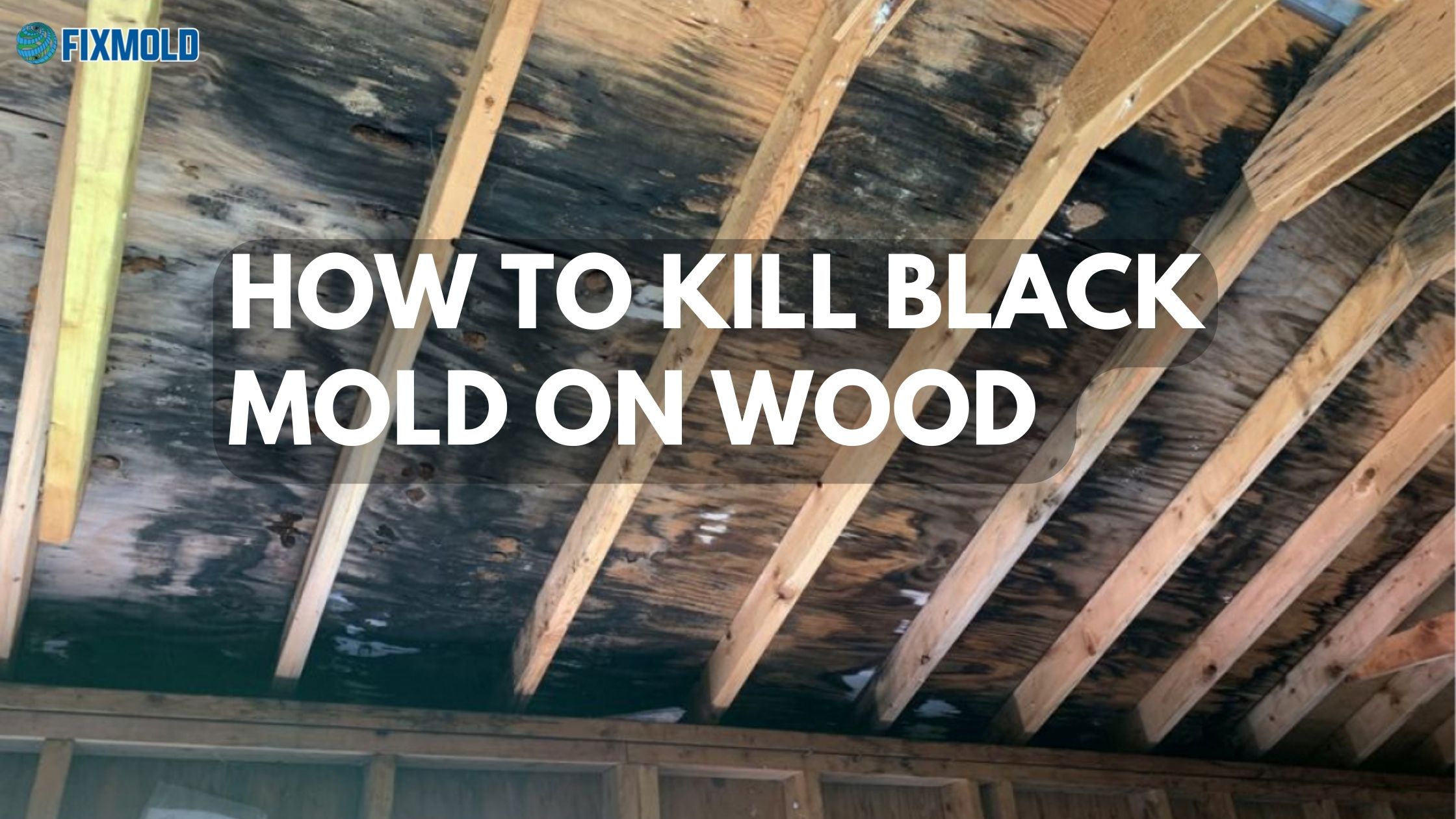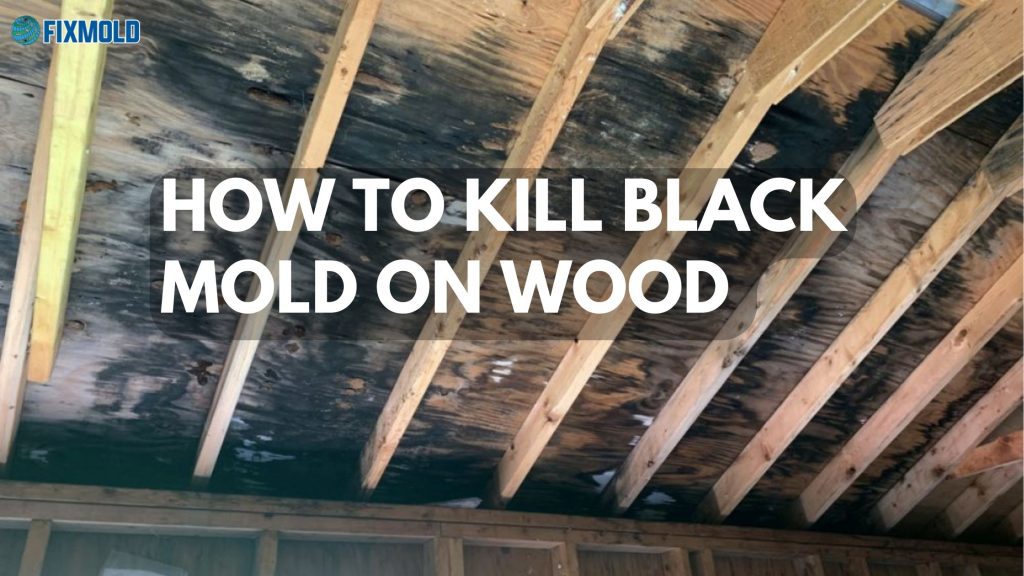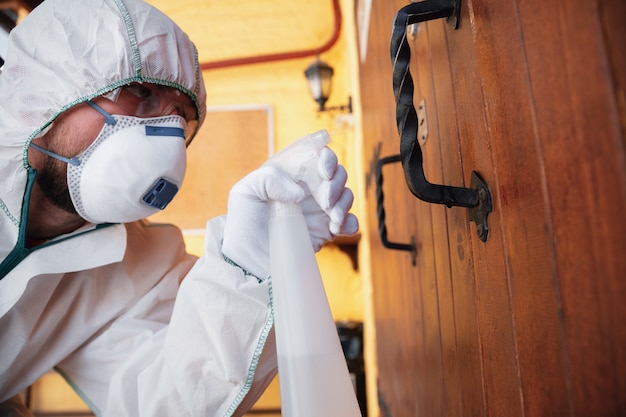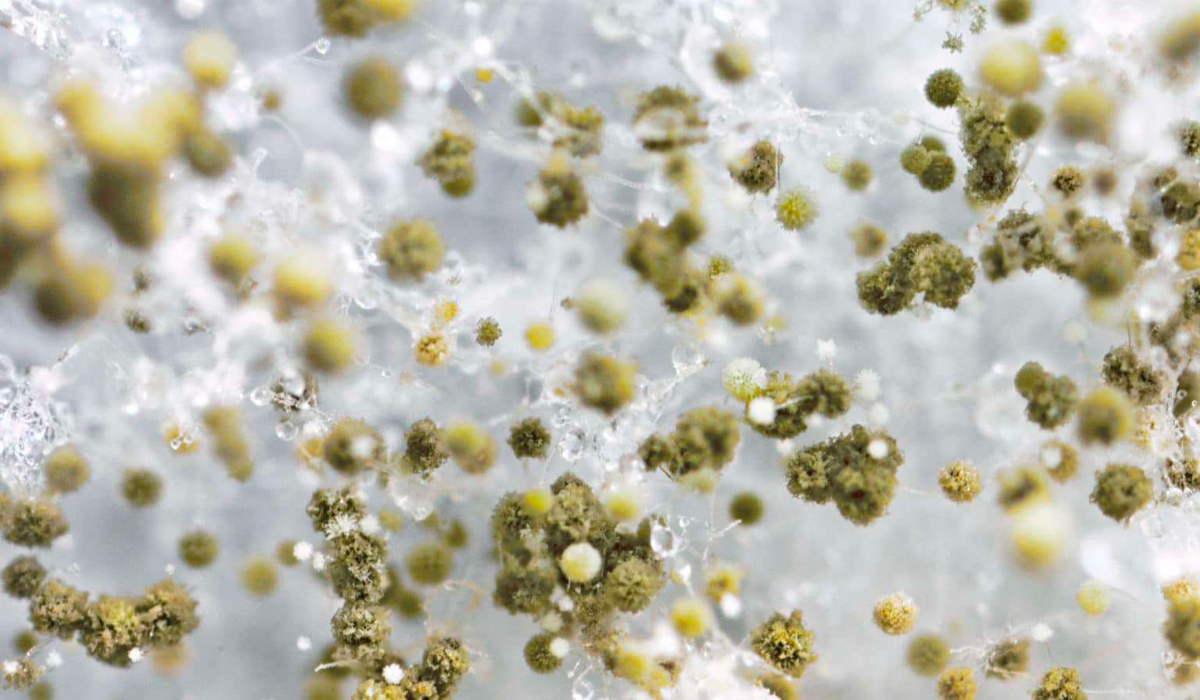
How to kill black mold on wood

Mold can be a pesky problem to get rid of, but if you know how to kill black mold on wood, you can eradicate it fairly easily. The key is to identify the type of mold you are dealing with, then use the appropriate method of eradication. In most cases, this will involve using an organic disinfectant solution.
Blog outline
1. What is black mold and what are the health risks associated with it
2. How to identify black mold on wood
3. How to kill black mold on wood using natural methods
4. How to prevent black mold from growing in the future
5. Tips for removing black mold from other surfaces
What is black mold and what are the health risks associated with it
Mold is a type of fungus that can grow almost anywhere there is moisture and organic matter. Black mold is a specific type of mold that can be harmful to your health. Black mold aka Stachbotrhys can cause respiratory problems, skin irritation, and other health issues. If you think you have black mold in your home, call a professional to remove it.
How to identify black mold on wood
Black mold can be identified by its black color and furry texture. It often grows on wood, paper, and other organic materials. If you think you have black mold, it is important to take action right away to protect your health.
How to kill black mold on wood using natural methods
Mold can be a pesky problem to get rid of, but with these simple tips, you can eliminate it without using harsh chemicals.
The first step is to identify the mold. If it is black, then it is likely black mold and should be treated immediately. If you are not sure what kind of mold you are dealing with, it is best to be on the side of caution and treat it as the black mold.
To kill the mold, you can use a natural disinfectant such as decon 30 benefit. Then scrape the area with a brush and rinse.
If the mold is on a wooden surface, you can also use a natural wood cleaner. Mix equal parts of white vinegar and water and apply to the wood with a cloth. Let it sit for a few minutes, then scrub and rinse with water.
How to prevent black mold from growing in the future
One of the best ways to prevent black mold from growing in the future is to make sure that any leaks or water damage is fixed as soon as possible. This means checking your home for any cracks or leaks and fixing them right away. You should also make sure that your home is properly ventilated so that air can circulate and help dry out any wet areas. If you do notice any signs of black mold, be sure to call a state-licensed professional to remove it and treat the area thoroughly to ensure the mold doesn’t return.
Tips for removing black mold from other surfaces
Mold can be a difficult problem to remove, but there are a few tips that can help make the process a little easier.
1. If the mold is on a non-porous surface like metal or plastic, you can use a commercial cleaner or household bleach to remove it. Be sure to rinse the surface thoroughly afterward.
2. If the mold is on a porous surface like wood, you will have to use foggers and electrostatic disinfectants. You can try using a diluted bleach solution or a commercial mold remover. Be sure to follow the instructions carefully, and rinse the surface afterward.
3. If the mold is on clothing or fabric, you can try laundering it in hot water and detergent. If that doesn’t work, you may need to try using a commercial mold remover or send your clothing out to the dry cleaners.
4. It’s also important to keep in mind that mold spores can be dangerous, so be sure to wear gloves and goggles when working with them, and avoid breathing in the fumes.
Conclusion
Mold is a fungus that can grow almost anywhere there is moisture and organic matter. It often appears as black, green, or white patches on walls, ceilings, floors, furniture, and other surfaces. Mold can cause health problems in people who are allergic to it or who have asthma. In this article, we will show you how to kill black mold on wood using natural ingredients like vinegar and hydrogen peroxide.




